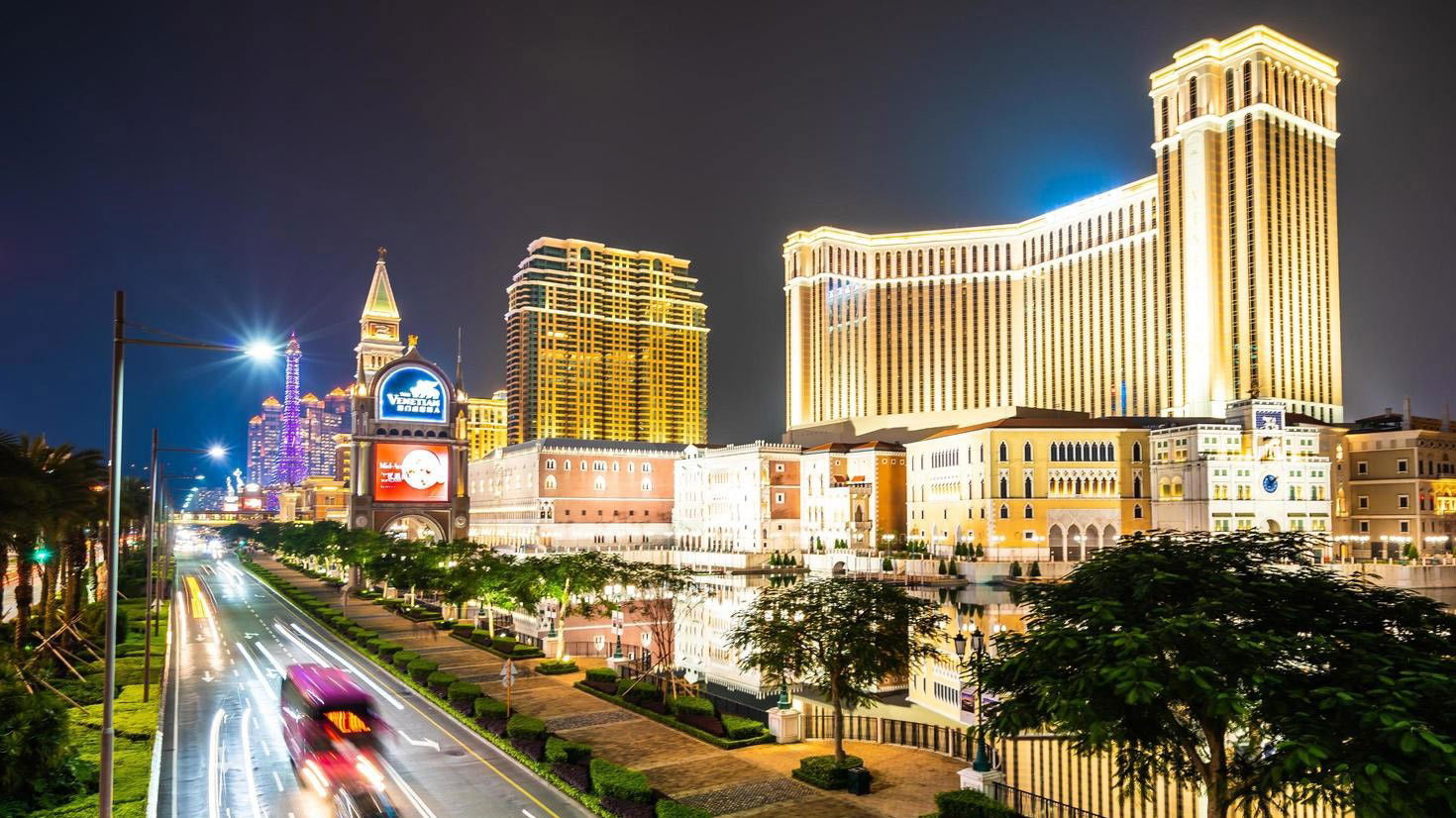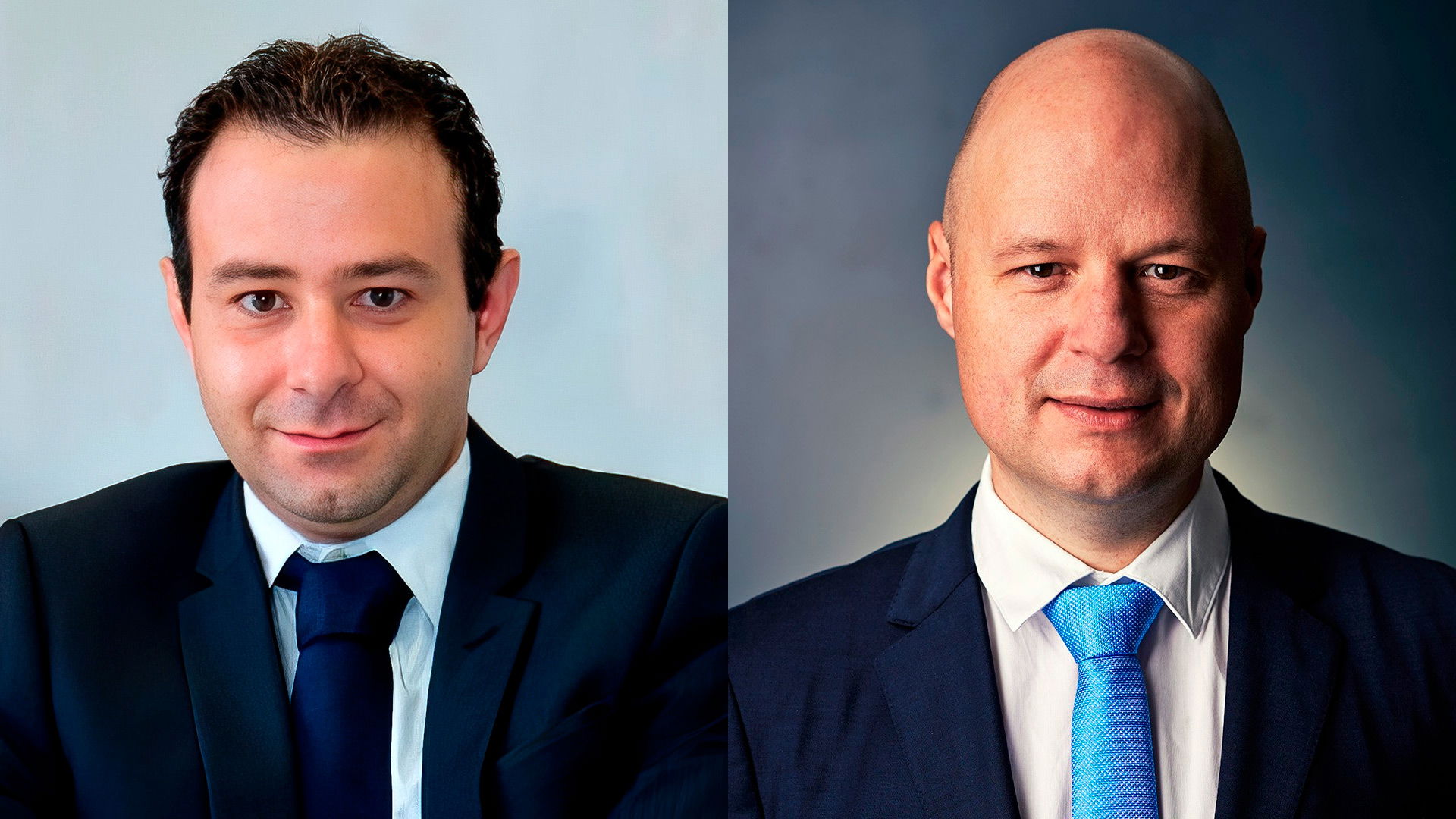IMF sees negative prospects for Macau gaming industry due to gambling law uncertainties, climate-related economic shocks

Things might not bode well for Macau, says the International Monetary Fund (IMF). In a new report, the IMF stated the economic outlook of the city -the world’s largest gaming hub- is clouded by both a high exposure to climate-related shocks and uncertainties over new gambling laws, currently in discussion at the Legislative Assembly (AL).
While the city’s economy is expected to expand by 15.5% this year, and at a faster rate in 2023, the IMF suggests an increase in public investments and prevention plans to deal with the impact of climate change and economic uncertainties that put the enclave’s economic prospects at risk.
“Macau is exposed to rising sea level, [at a rate that] has increased in the past 20 years to about 2.4mm per year,” Ara Stepanyan, IMF Mission Chief for Macau, told South China Morning Post. Thus, the expert believes Macau should take measures to deal with the impact of climate change.
The situation might as well be defined as critical: the degree and frequency of climate-related disasters, such as cyclones and coastal floods, are expected to increase. Some critical infrastructures are at risk of being below the annual flood level within 10 years, Stepanyan argues.

Improving the understanding and management of financial risks due to climate change would help shield the financial system from such issues, the IMF argues. Additionally, increasing spending on education, healthcare, and climate-resilient public infrastructure throughout the medium term could also support recovery
But in addition to the climate situation, the city must also address uncertainties resulting from a new gambling law, currently being discussed by Macau lawmakers. The IMF believes much ambiguity still surrounds the proposal which, along with a ban on gaming marketing in mainland China, poses a risk to the outlook of the VIP segment.
“Our baseline projections for the gaming sector assume a smooth transition to the new legal regime for the gaming sector. However, we project only a gradual recovery, with the gaming sector reaching its pre-pandemic level only in 2025,” Stepanyan further told the cited source.
While the city might begin experiencing a gradual return of tourists and the recovery of domestic demand this year, at the same time headline inflation is projected to accelerate in 2022 and stabilize at around 2.5% over the medium term. Additionally, the risk of a resurgence of the pandemic could undermine the viability of the gaming sector.
But the cloudy outlook of the gaming sector might also be affected by a sudden growth slowdown in the country’s economy, the IMF predicted, according to Macau Business. This would deliver a big blow to a sector already struggling to return to pre-pandemic levels: gaming revenue plunged 56% in March to its lowest in 18 months.

The drop, mainly credited to a worsening Covid-19 outbreak in China that affected tourism in the region, has also led to a 25% year-on-year fall in gaming results for the first three months of the year. Thus, the IMF considers that Macau’s economy might benefit from diversification, instead of solely relying on gaming and tourism.
“The government’s policy response helped to stabilize employment and consumption, while preserving people’s health and safety. However, the collapse of the economic activity, mostly on account of weak services exports, highlighted Macau SAR’s overreliance on the gaming industry,” the report, retrieved by Macau Business, reads.
Additionally, the International Monetary Fund sees an opportunity in the integration with the GBA - the Guangdong-Hong Kong-Macau Greater Bay Area. The megalopolis, which consists of nine cities and two special administrative regions in South China, is an integrated economic area that could take a leading global role in the future.
“It provides opportunities for Macau SAR to access a larger pool of skilled labor and offshore some economic activities. It is important to balance the efforts to promote financial sector development with the need to preserve financial stability and integrity by further strengthening the regulatory and supervisory framework,” the IMF added.


















































